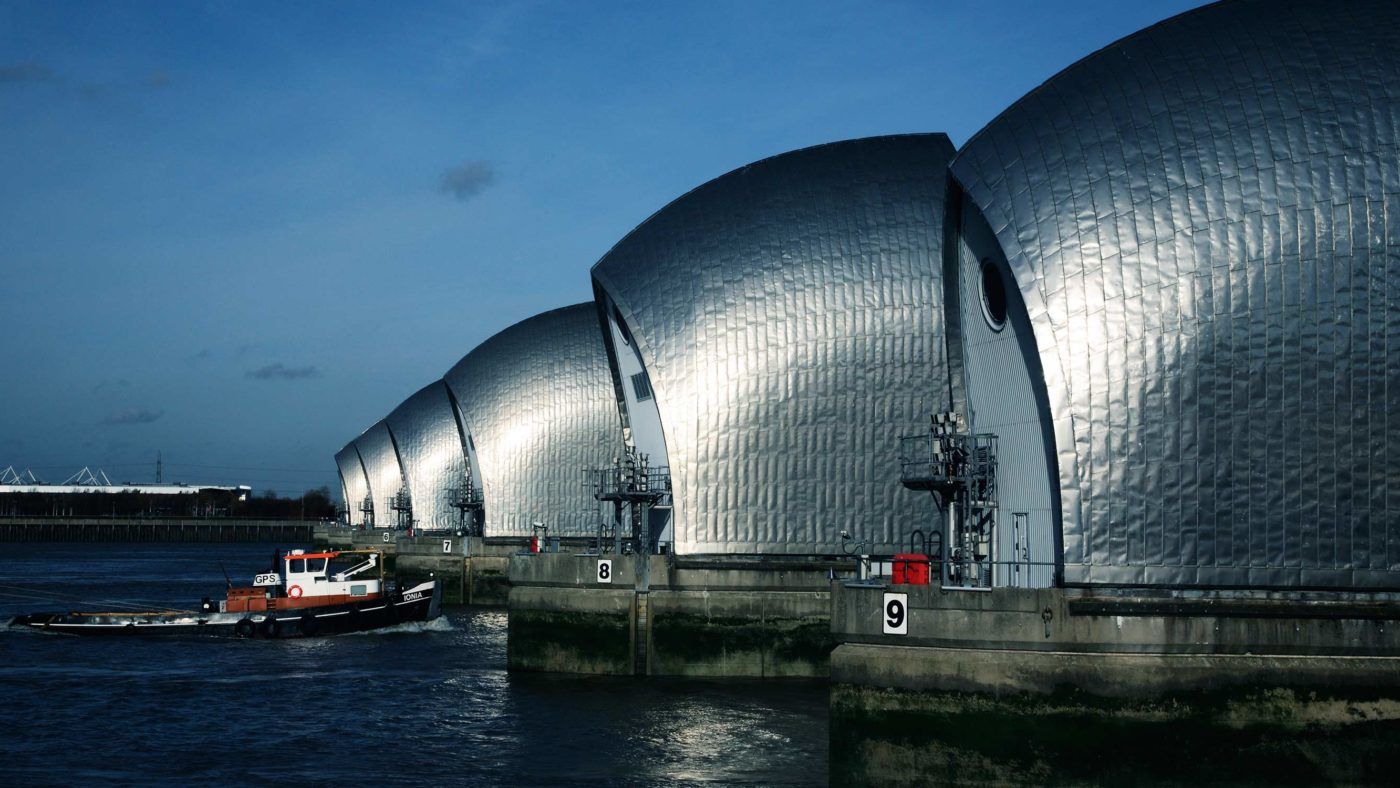There was shock, horror and protest today as an investigation by the Press Association told us that the Government’s plans for the UK’s flood defences are skewed towards wealthy families and regions.
The loudest criticism came from the Green MP Caroline Lucas, who announced: “It’s simply wrong for richer areas to get more protection than poorer ones. The government should urgently review this policy, and repurpose the formula to give equal protections to people’s homes no matter what their value.”
What the Press Association has actually done, it turns out, is read a government manual: the Environment Agency’s Managing Flood and Coastal Erosion Risk, which evaluates the nation’s flood defences. And from this they have reached the astonishing conclusion that Britain currently spends more to protect expensive things, and not so much on those of lesser value – and, shockingly, plans to continue doing so.
The truth that seems to have escaped Caroline Lucas is that we live in a universe of scarce resources. That means we have to decide what we’re going to do with those resources we have.
The usual method is to conduct a cost-benefit analysis. We add up all the costs of doing whatever it is and then compare that to the benefits of having done it. We’re looking for a positive number at the end – a net present value of more than nothing.
Projects which pass this test might be done – since another way to describe net present value is “making us all richer”. Those that fail should not be.
In the Environment Agency’s manual setting out the flood defence tests, one of 28 considerations is that, all other things being equal, stopping inundations of more expensive housing should be given greater weight than to less expensive.
Further, in a calculation which is hardly news to anyone who has taken out home insurance, furnishings inside more expensive places are deemed to be more valuable.
This is the outrageous policy which has led to the MP for Brighton Pavilion’s cry: “Whether you are rich or poor, having your home damaged by flooding is devastating – and a postcode lottery to decide who gets protection simply isn’t fair.”
I’ve never been impressed by Caroline’s understanding of economics, but this is ridiculous. For all decisions are made in this manner.
Back in 1940, we put AA guns in Hyde Park and not on Scottish moorlands because we wanted to maximise the value of what they protected. The Thames Barrage cost a fortune because London is valuable, whereas we are currently allowing parts of Norfolk to sink beneath the waves because they are not.
Similarly, the cost-benefit analysis for HS2 depends upon the idea that the time of business passengers is more valuable than those in cattle class. This is just how we do it.
There’s a final irony here, that Ms Lucas fails to appreciate. If we end up tackling climate change, it will depend on the very same point – a cost-benefit judgement that the benefits of doing so outweigh the costs. And one of the things that could tilt the scales in favour of action is, as Lord Stern’s report specifically insists, that we value rich nations and the lives of rich people (in particular ourselves), more highly than poor.
Quite apart from anything else, if we do not, then the sums don’t add up: the costs of doing something about climate change end up higher than the benefits of having done it. And that would never do, would it?


